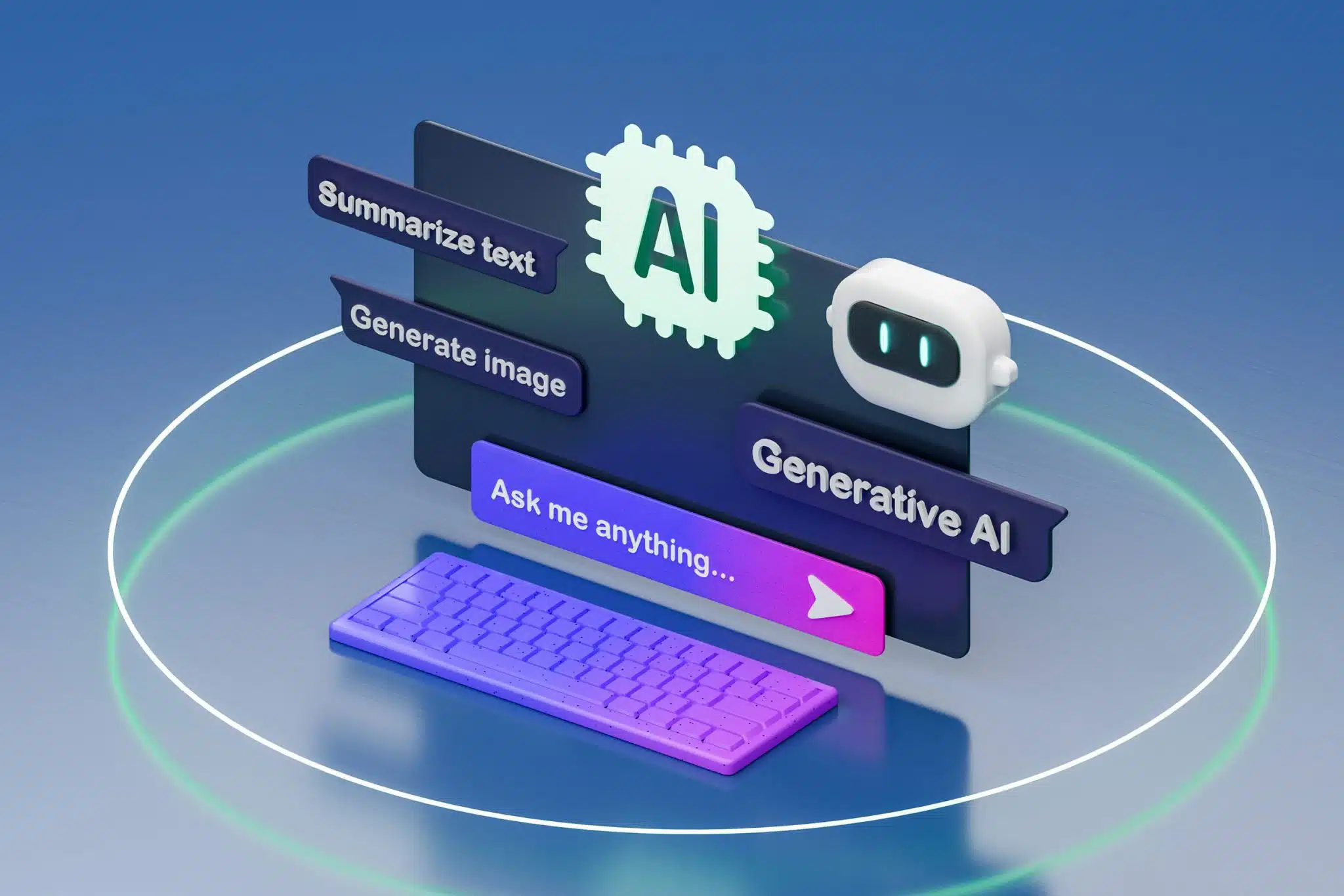Introduction to API Auto-Generation with AI
In today’s fast-paced digital world, the demand for seamless integration between applications is at an all-time high. APIs, or Application Programming Interfaces, are the backbone of this integration, allowing different software systems to communicate with each other. However, manually creating APIs can be time-consuming and prone to errors. This is where AI-powered tools come into play, offering a streamlined solution to auto-generate APIs, saving developers time and reducing the likelihood of mistakes.
In this comprehensive guide, we will explore how you can leverage AI tools to automatically generate APIs. By the end of this article, you’ll have a clear understanding of the process, the tools available, and how to implement them effectively in your projects.
Understanding API Auto-Generation
Before diving into the tools and steps, it’s essential to understand what API auto-generation entails. Essentially, it involves using AI algorithms to create APIs based on predefined parameters and data models. This process can significantly speed up development cycles and ensure consistency across different API endpoints.
Benefits of API Auto-Generation
- Efficiency: AI tools can quickly generate APIs, reducing development time.
- Consistency: Ensures uniformity in API design and implementation.
- Scalability: Easily scale your API offerings as your application grows.
- Error Reduction: Minimizes human errors in API development.
Key AI Tools for API Auto-Generation
Several AI tools can help you automate the API generation process. Below are some of the most popular ones:
1. OpenAI Codex
OpenAI Codex is a powerful AI tool that can understand and generate code in multiple programming languages. It can be used to auto-generate API endpoints by interpreting natural language descriptions and converting them into code.
2. IBM Watson
IBM Watson offers a suite of AI services that can be leveraged to automate API creation. With its robust natural language processing capabilities, Watson can help design APIs that meet specific business needs.
3. RapidAPI
RapidAPI provides a platform that integrates with various AI tools to facilitate the automatic generation of APIs. It offers a user-friendly interface and extensive documentation to help developers get started quickly.
Step-by-Step Guide to Auto-Generate APIs
Now that we have an overview of the tools, let’s dive into the step-by-step process of auto-generating APIs using AI tools.
Step 1: Define Your API Requirements
Before using any AI tool, clearly define what your API needs to accomplish. Consider the following:
- The data your API will handle
- The endpoints you need
- Security requirements
- Performance expectations
Step 2: Choose the Right AI Tool
Select an AI tool that aligns with your project requirements. For instance, if you’re looking for extensive natural language processing capabilities, IBM Watson might be the best choice. For code generation, OpenAI Codex could be more suitable.
Step 3: Set Up Your Development Environment
Ensure your development environment is ready to integrate with the chosen AI tool. This might involve installing specific libraries or setting up API keys for access.
Step 4: Input Your API Specifications
Most AI tools will require you to input your API specifications. This can be done through natural language descriptions, data models, or existing code snippets. Ensure your input is as detailed as possible to achieve accurate results.
Step 5: Generate and Test Your API
Once your specifications are in place, use the AI tool to generate the API. After generation, thoroughly test the API to ensure it meets your requirements and performs as expected. Testing should include:
- Functionality testing
- Security testing
- Performance testing
Step 6: Deploy Your API
After successful testing, deploy your API to a production environment. Monitor its performance and make adjustments as necessary to maintain optimal operation.
Real-World Application of AI-Generated APIs
AI-generated APIs are not just a theoretical concept; they are being used across various industries to enhance efficiency and innovation. For example, e-commerce platforms use them to integrate with payment gateways, while healthcare systems employ them to connect patient data across different services. The ability to quickly and accurately generate APIs allows businesses to adapt to changing technological landscapes and meet customer demands more effectively.
By leveraging AI tools for API generation, developers can focus on more strategic tasks, leaving the repetitive and error-prone aspects of API creation to automated systems. This approach not only accelerates development but also ensures high-quality, reliable APIs that can support complex applications.

